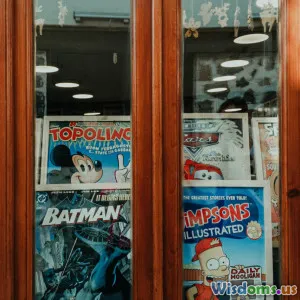
Why Sitcom Reboots Struggle to Recapture Original Magic
15 min read Explores why sitcom reboots rarely match the charm or success of their original runs, with cultural, creative, and audience factors analyzed. (0 Reviews)
Why Sitcom Reboots Struggle to Recapture Original Magic
Television has a notable habit: when audiences love a show, even decades after it leaves the air, producers scramble to bring it back. From Fuller House to Will & Grace, sitcom reboots and revivals are now a TV tradition. Yet for every reboot that stokes familiar laughter, there are those that leave fans cold, drawing remarks like “It’s just not the same.”
Why do sitcom reboots struggle to capture the original magic? Let’s dive into the layered realities—past and present—of this beloved genre.
Nostalgia Versus Reality
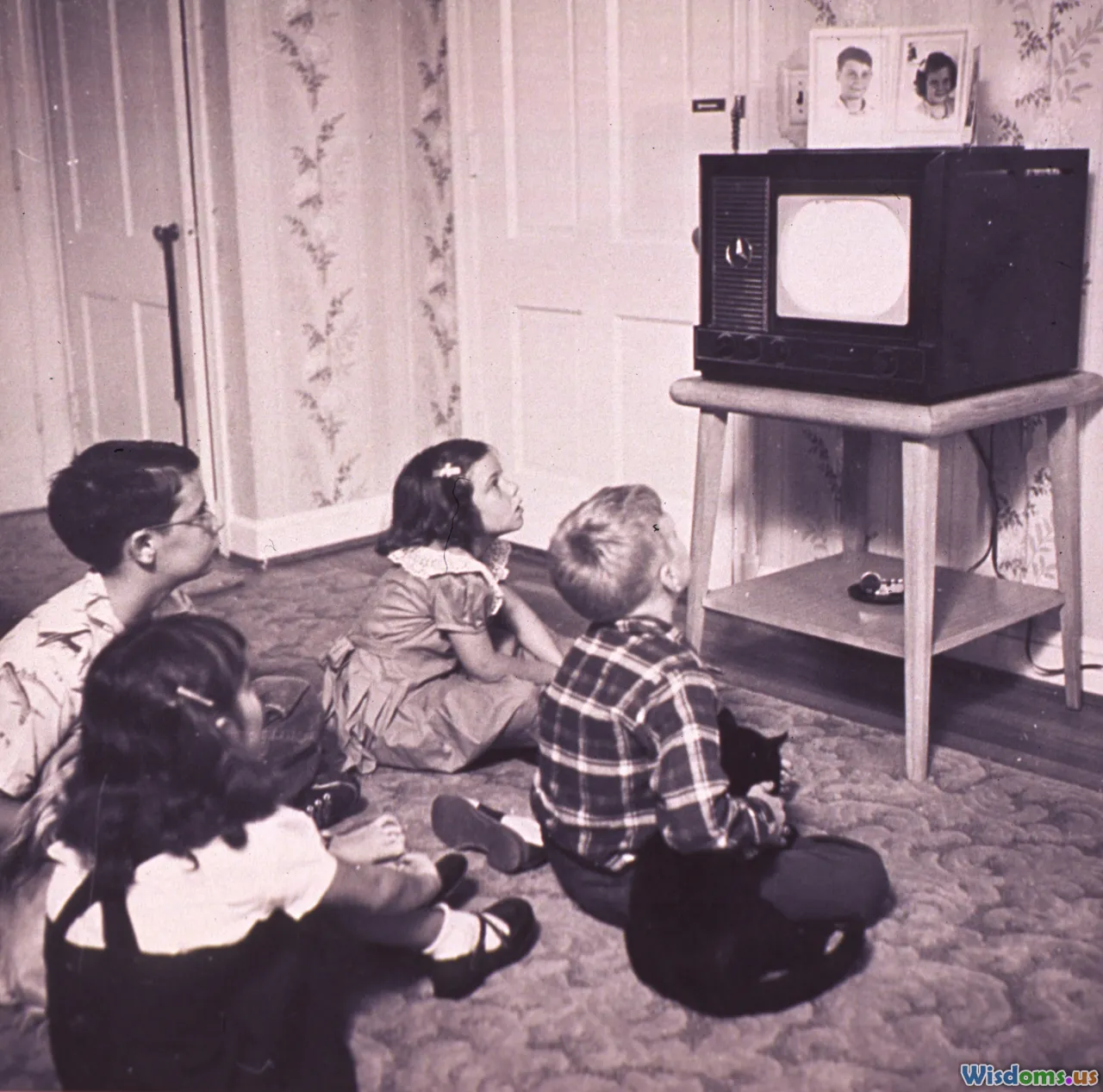
Nostalgia is a powerful force in entertainment. Networks rely on viewers’ longing for “the good old days” to generate buzz for reboots. But nostalgia is ultimately a feeling, filtered memory that often overshadows reality. The sitcoms of the past—Friends, The Fresh Prince of Bel-Air, Roseanne—hold a particular place in viewers' hearts precisely because they seemed to capture the zeitgeist of their time.
When a reboot arrives, the immediate comparison is not with the original show’s first season, but with the memory of what that show meant. For instance, The X-Files revival drew sizable crowds but faced critique that it couldn’t recreate the suspenseful magic that defined the 1990s original.
Additionally, much of what people remember fondly was the product of circumstance: audience's mood, social context, and even the era’s sense of humor. Trying to recapture that in a new decade is like bottling lightning. It’s why, despite Roseanne's initial reboot hype in 2018, divergent expectations among new and returning viewers ultimately led to controversy and cancellation.
Shifting Societal Context

Sitcoms are deeply rooted in their social and cultural periods. A show that worked in 1985 may seem archaic or even tone-deaf in 2024. Producers must either rewrite characters and stories to reflect updated social norms—or risk alienating modern audiences.
Take the recent reboot of Saved by the Bell on Peacock. The original's pep and innocence clashed with current sensibilities regarding privilege and diversity. The reboot attempted self-referential humor, poking fun at its predecessor’s lack of inclusivity, yet some longtime fans found these changes jarring and dissonant. Meanwhile, the version struggled to attract newer, younger audiences unfamiliar with the original.
Similarly, Murphy Brown’s 2018 reboot tried to wade into the Trump-era political climate, with uneven results. Some praised its attempts to grapple with modern issues, but ratings and critical response lagged as its voice struggled to resonate in a new cultural moment.
Character Chemistry: Lightning in a Bottle

Much of a sitcom’s enduring appeal comes from character chemistry—something that’s almost impossible to manufacture or reproduce intentionally. In classic sitcoms like Cheers or The Office, cast members built a quirky, organic dynamic across years of collaboration.
Reboots often bring back a portion of the original cast to reignite beloved relationships, but time changes people. Actors have new careers, perspectives, and life experiences—their former on-screen spark can feel forced or faded.
Consider Will & Grace's return (2017–2020): while the main quartet reunited with enthusiasm, and early seasons garnered solid reviews, the reboot's latter run saw diminishing returns in both ratings and critical reception. For students of television, this illustrates that catching lightning—once or twice—does not guarantee a third, fourth, or fifth strike.
The Evolution of Comedy
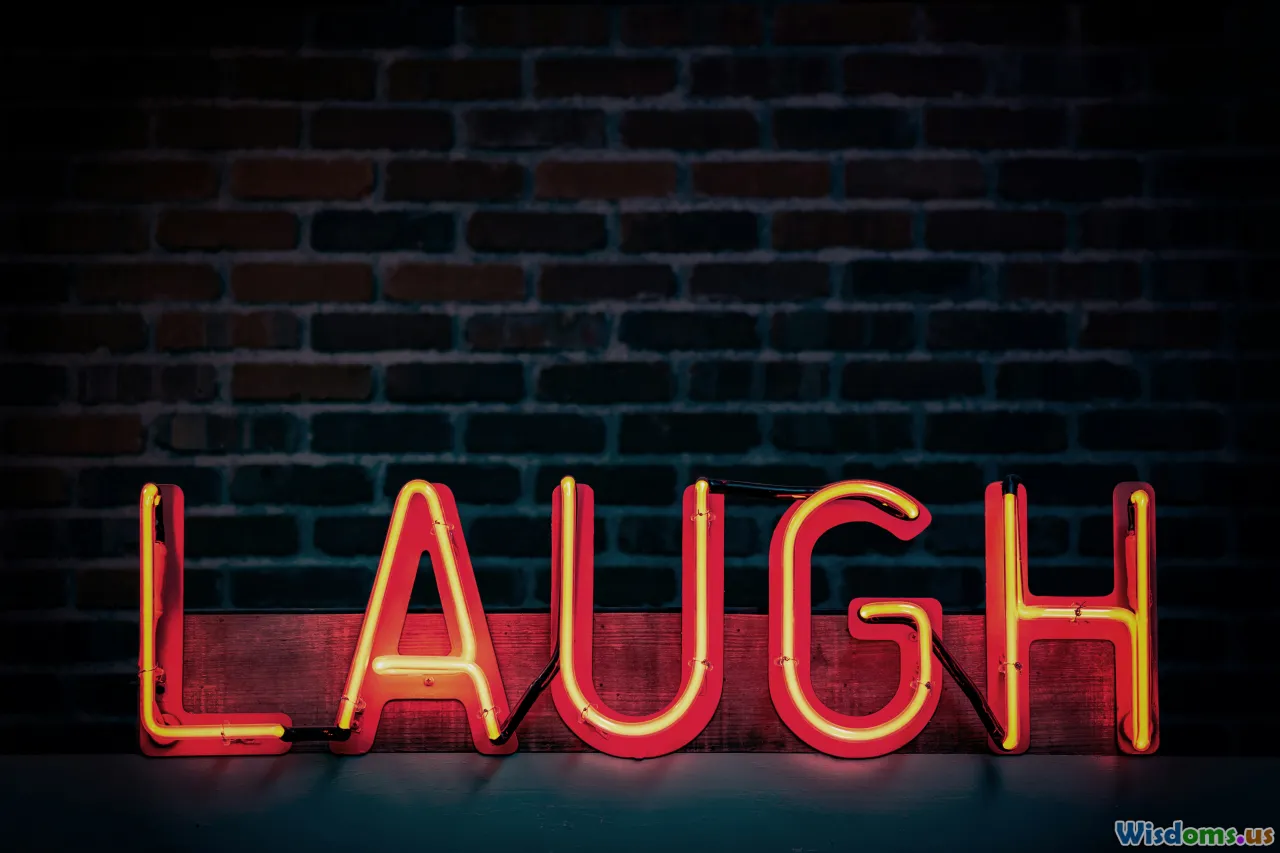
Comedy is a moving target. Jokes that brought down the house decades ago sometimes fall flat today. Audience tastes adapt with time, as does what’s considered edgy, topical, or even appropriate.
Look to Arrested Development, which was revived by Netflix nearly a decade after its cancellation. The original thrived on lightning-speed wit and innovative structure. However, the later seasons faced accusations of forced humor; complex interwoven plots, once groundbreaking, became cumbersome. Comedy trends, such as the single-cam, mockumentary format or meme-savvy quips, had evolved, leaving parts of the show feeling dated.
Writers for reboots walk a tightrope: keeping the familiar comedic beats to lure old fans, while integrating fresh humor to entice new viewers. This balance is incredibly difficult, and few shows—like The Conners, a Roseanne spin-off—manage to keep both camps engaged for long without losing something essential.
Audience Fragmentation in the Streaming Era
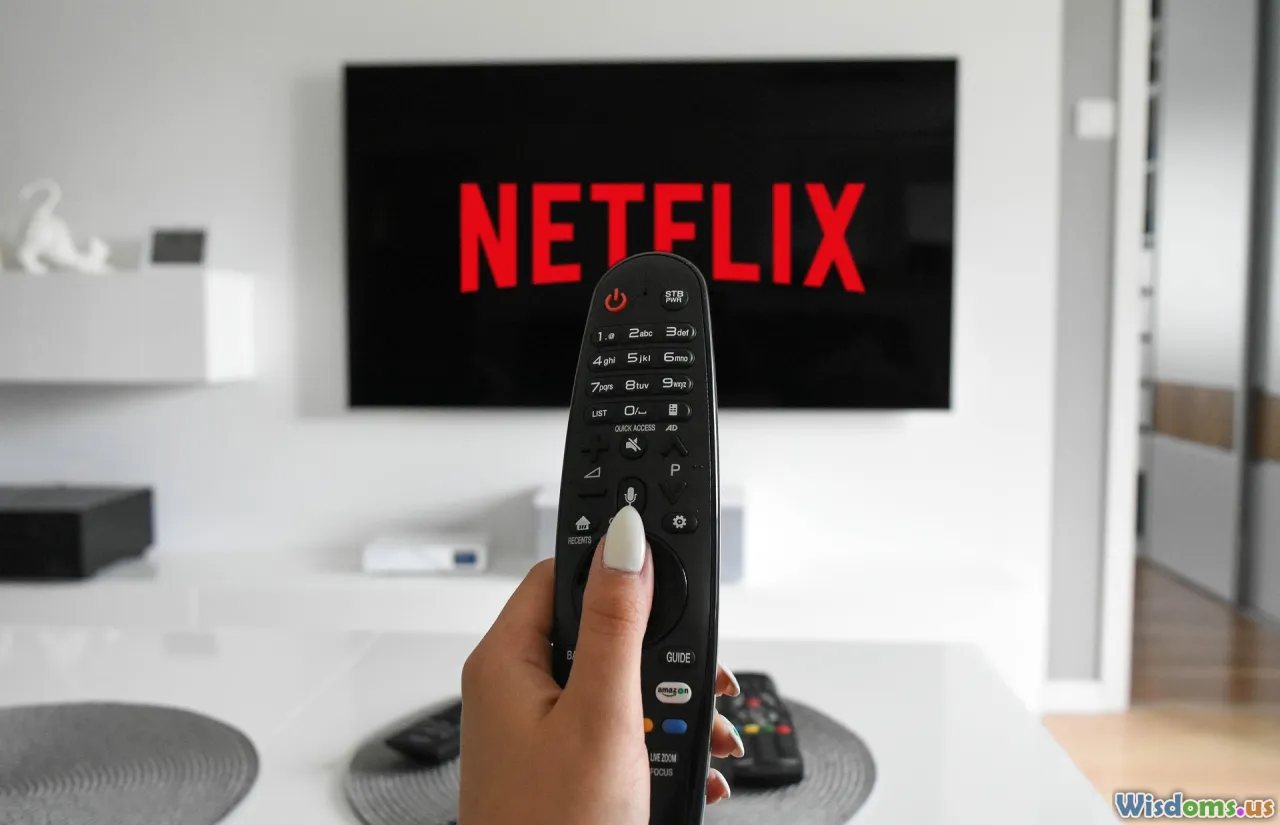
The way we watch TV is unrecognizable from the days when prime-time slots ruled. In the streaming era, audiences are fragmented across dozens of platforms competing for their attention.
Past sitcoms benefitted from communal, appointment-based viewing. Everybody was talking about the same episode the next day. Today, it’s rare for a reboot—no matter how well-intentioned—to unify such a scattered audience. A person streaming a full season over the weekend experiences it differently from the next, who maybe cues up only a couple of episodes per month.
Furthermore, the content glut makes it difficult for even hyped reboots (How I Met Your Father, for instance) to stand out. These shows must compete not just with contemporaries, but with original classics that are more accessible than ever via syndication and streaming.
Story Arcs: When Characters Outgrow Their Sitcom Selves
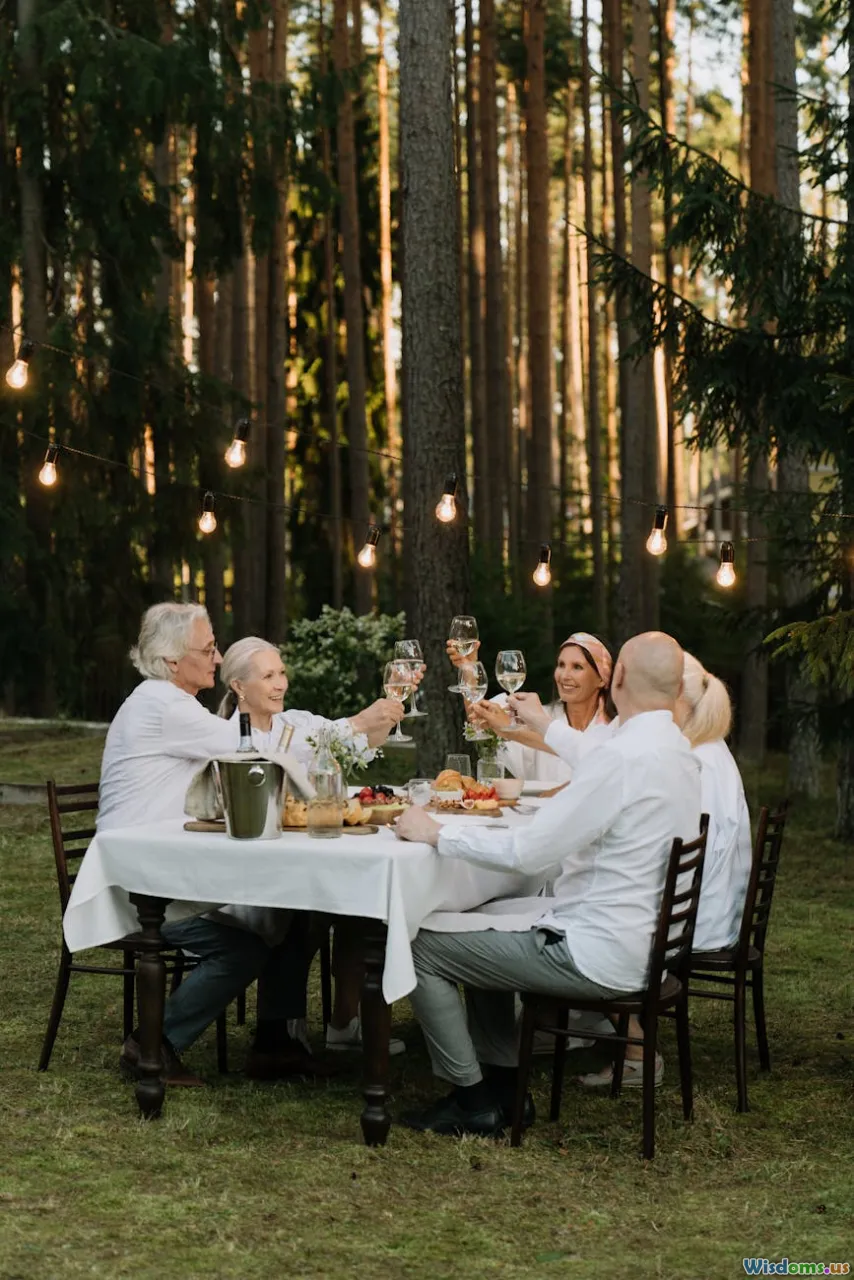
A sitcom’s core premise often hinges on its characters remaining essentially the same. Yet in reality, years or decades have passed—onscreen and off. When iconic characters return, their growth (or lack thereof) can clash with both authenticity and audience expectation.
For example, when Fuller House debuted, many fans enjoyed seeing their favorite Full House characters navigating adulthood. But sustaining the original formula, which thrived on the innocence and chaos of single parenthood, proved challenging with a grown cast. Similarly, Gilmore Girls: A Year in the Life struggled as its beloved mother-daughter duo faced grown-up stakes. The charm of the original, rooted in fast-talking youth and small-town hijinks, clashed awkwardly with narratives of mid-life crises.
How do you show characters who’ve supposedly “matured” while staying true to what viewers loved about them in the first place? Frequently, reboots resort to rehashing old tropes, risking both stagnation and reducing nuanced arcs to caricature.
Expectations in the Age of Instant Feedback

Today’s social media landscape exerts constant, real-time pressure on content creators. Every episode, cast update, or creative decision is instantly dissected by millions. Reboots, often carrying the cargo of fan nostalgia, are prime targets for scrutiny.
Take the Friends reunion made for HBO Max. Although not a traditional reboot, it highlighted the daunting expectations; fans longed for both fresh content and a feeling identical to the original. Yet attempts to update or address criticisms—such as the show’s lack of diversity—were met with mixed reactions online, showcasing the impossibility of making everyone happy.
The echo chamber of internet fandom magnifies every flaw, and in a world of Reddit threads and YouTube takedowns, disappointing even a portion of an invested fanbase can derail momentum. This cacophony may play a role in why fewer sitcom reboots continue beyond a season or two.
The Unique (and Rare) Success Stories

Some reboots have found footing, at least for a time. Will & Grace’s 2017 comeback successfully tapped into the social and political climate, providing comfort and commentary. The CBS series One Day at a Time, reimagined with a Cuban-American family, garnered critical acclaim for thoughtful storytelling and sharp, modern humor.
What separates these successes from the rest? Adaptability, a willingness to evolve, and authentic connections between old and new elements. Rather than copy-pasting the past, these reboots used a familiar framework to explore timely issues. Notably, One Day at a Time treated its reboot as a way to tell new stories “for a new world,” using only the skeleton of its predecessor.
Importantly, these successes are rare. Many reboots burn brightly for a season or two, then fade as novelty and nostalgia wane. Sustaining a long-term presence, as the original did decades before, is an achievement few manage.
What Should Creators Consider Before a Reboot?

For producers and writers tempted by a reboot, several tough questions await:
- Is the original's appeal replicable in today’s world? Social norms and pop culture references require significant updating.
- Does the cast want to recapture their old dynamic—or evolve it? Forced performances rarely work. Authenticity shines when cast and creators feel passionate.
- Can the show’s premise handle realism? Grown-up fans may see through contrived scenarios; the best revivals address change, both serious and comedic.
- Is there a genuine, compelling story left to tell? The line between sawing an old log and meaningful storytelling is thin.
- How will instant feedback be handled? Engaged online communities can boost or bury a show in hours.
Creators who can answer these questions honestly stand a better chance of reboots striking a chord, not just a note.
Tips for Audiences: Appreciating Old Gems, Evaluating New Attempts

For viewers, the proliferation of reboots can feel overwhelming—or disappointing. Here are ways to navigate the reboot era:
- Revisit originals with fresh eyes. Some classic sitcoms age better than others. Seek out what made you love them the first time.
- Give reboots a fair shake—but set realistic expectations. Change is inevitable; some new directions may surprise you.
- Engage thoughtfully online. Feedback shapes media, but not every show will meet decades’ worth of built-up hype. Consider why.
It's possible for reboots to bring a worthwhile twist. Appreciating the evolution of sitcom storytelling may uncover new favorites—even as you cherish the old.
While television continues its love affair with the familiar, as long as audiences value what was, creators will look for ways to revive it. The trick is respecting what made a show connect in the first place—while recognizing that, despite best efforts, the true magic of a time and place might ultimately belong to the past.
Rate the Post
User Reviews
Popular Posts














